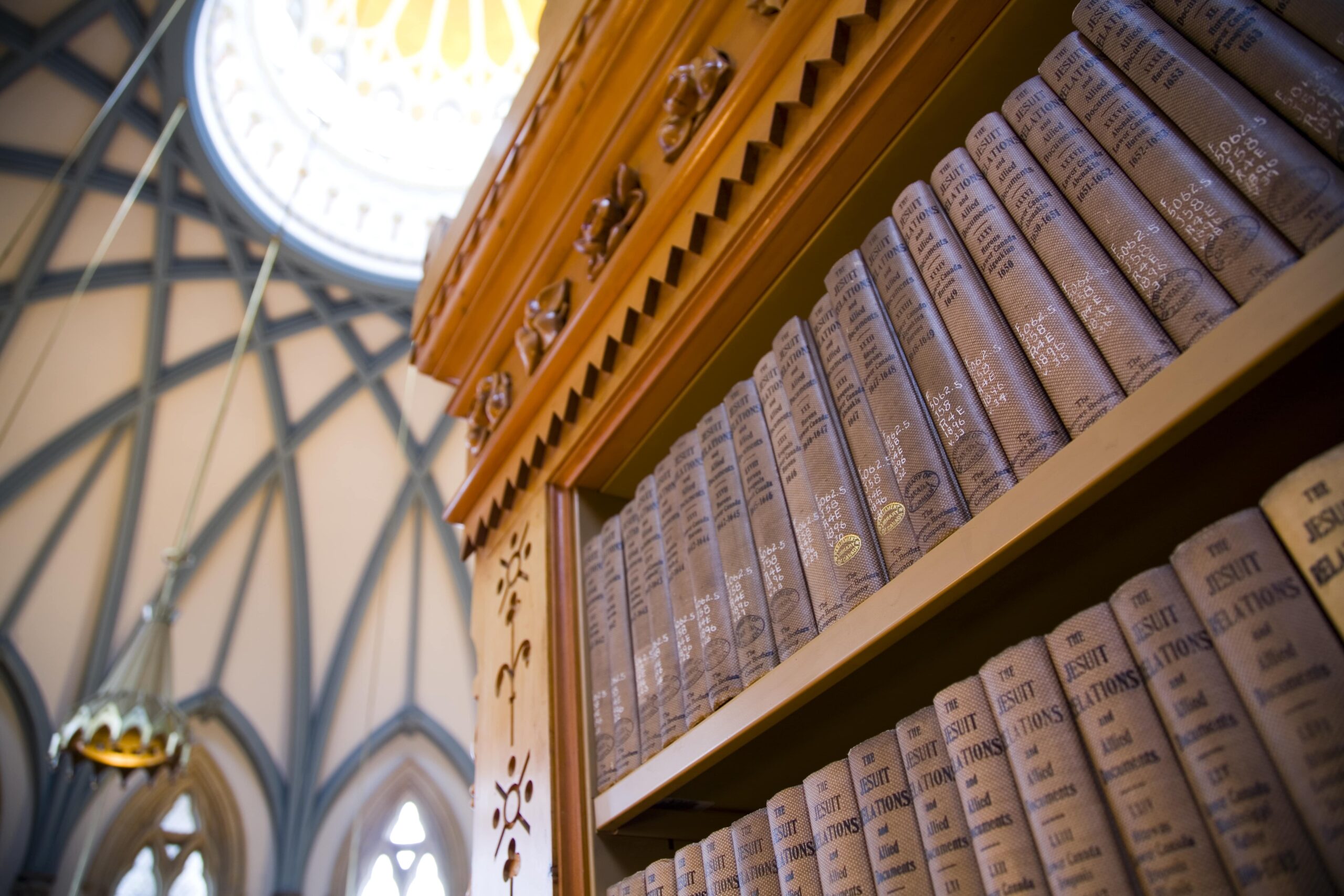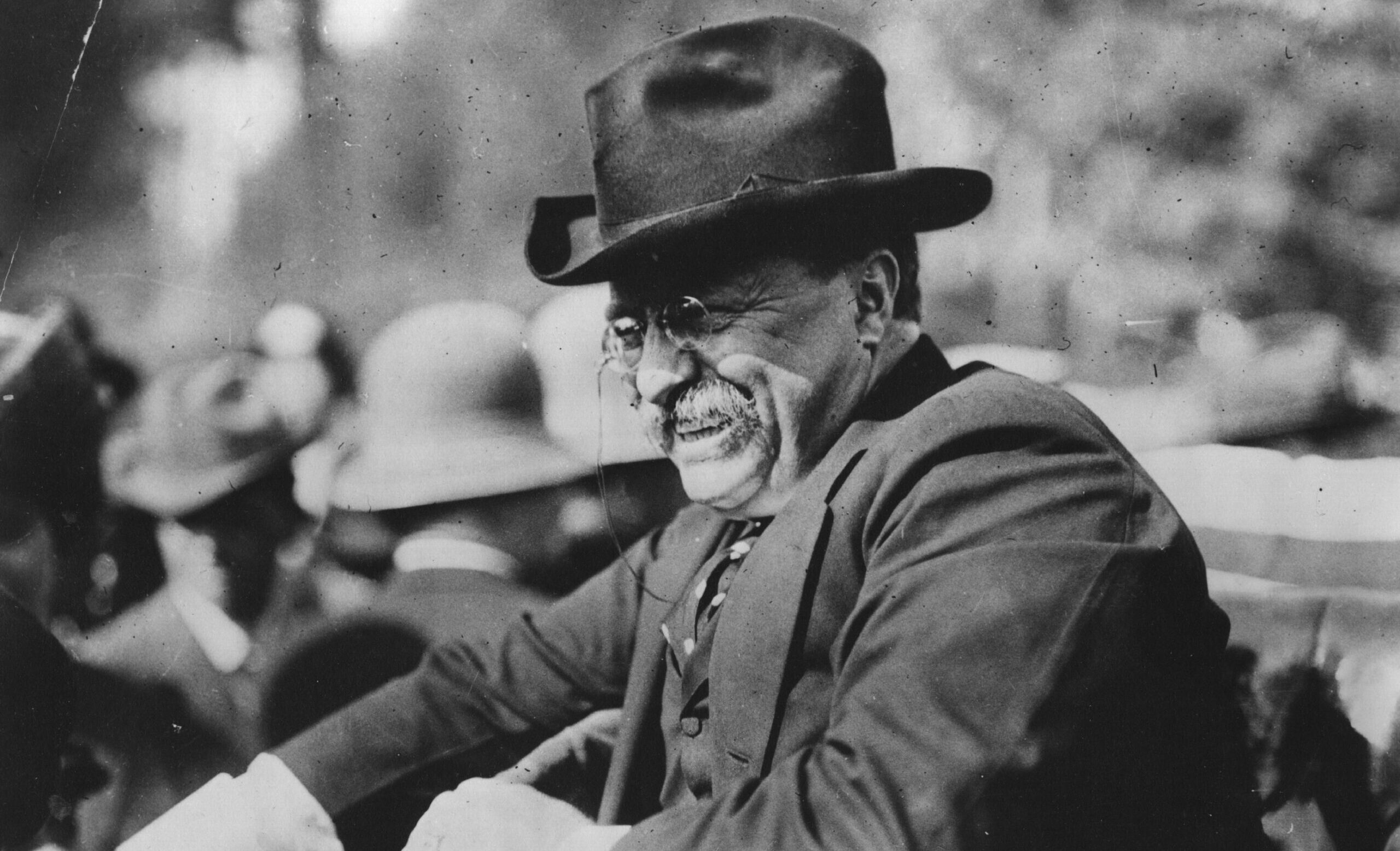Civilization is a product of canons. The Bible is a canon, and while the Iliad and Odyssey were not quite sacred scripture to the ancient Greeks, the Homeric epics went a long way toward establishing what it meant for a man or a city to be part of the Greek world. That world was almost a synonym for civilization itself. What was not Greek was barbarian.
What we have today as a canon of Roman classics consists largely of works that were considered essential to education, first in late antiquity and then in post-Roman and Renaissance Europe. The Aeneid was not written for schoolchildren, but for centuries they had to learn it. Early modern Europe was blessed to have not a singular canon but a compound one, with Scripture and religious works shaping Western civilization in tandem with the greatest surviving texts of Greek and Latin antiquity.
Europeans read lesser books as well, but the moral and intellectual foundations of a well-educated man of the West lay in the canon. And while the composition of the canon changed over the centuries, it had a reasonably stable core. This not only permitted Westerners from different counties or countries to discourse with one another about a common cultural literature but also allowed for conversations across centuries. Greek, Latin, and Hebrew were international and intergenerational languages in the early modern West. But even a humble playwright with “small Latin and less Greek,” as Shakespeare was described by Ben Jonson, could be familiar enough with the canon, in translation if not always in the original, to add his own masterpieces to its treasury.
Since the nineteenth century, however, the canon has been under attack. The masses of the new democracies and industrial states were not the canon’s enemies; on the contrary, they often respected its prestige and wished to acquire the kind of education that only gentlemen had once been able easily to afford. What was more threatening was the advent of a new species of philistine who thought only of business or reducing human complexities to the simple character of a science. Demagogues who presented themselves as champions of progress also began to assail the canon’s reputation, deeming its works too difficult for the common man and therefore culpable for lingering class divisions. From the beginning of mass public schooling, those educators who favored a tradition rooted in the classics were in conflict with those who wanted a more utilitarian, egalitarian, or therapeutic curriculum.
At a higher level, scholars themselves became alienated from the qualities that had made the classics canonical. Old books were to be studied because they were old, with attention paid to what was most time-bound about them. Academics who embraced a crude historicism saw time as an accumulation of change with little underlying continuity. How could a reader of Cicero in the nineteenth or twentieth century take part in a conversation with readers from earlier eras, or even the Roman himself? Discontinuities were now the chief point of interest—what locked language in a sealed period of time, with authors only really understanding their contemporaries, even when the works they were reading and writing about were ancient.
Meanwhile, political changes also diminished the canon’s status. The classically educated elite ceased to have a monopoly on power, or indeed much of an advantage in acquiring it. The combination of all these causes, and many others, led to a world in which the liberal learning that was once the bedrock of our civilized institutions came to be regarded as superfluous or worse. Well-meaning attempts to expand and update the canon only contributed to its trivialization. Few works included for the sake of modern sensibilities regarding diversity are in conversation with the established canon the way Shakespeare was.
The degradation of the canon, however, deprives our civilization of a means of renewal. In recent decades, as economic globalization and mass migration loosened geographic and genealogical ties of nationhood, the common cultural bond provided by the canon was needed all the more urgently—yet that bond, too, was broken.
Today the Western canon is freely available online at the stroke of a few keys, but fewer and fewer men and women of the twenty-first century know how to read the texts they can easily download. All too often they have been miseducated to believe that books are mere compilations of facts or pretty pictures in words. This is why the philistine of 2025 thinks that artificial intelligence is capable of writing like a human being. AI is adept at compiling facts and arranging language in the patterns to which people are accustomed. What’s missing is the part only a living mind can supply: engagement with the world as a whole and not simply as a pile of statements. Yet as long as human readers mistake the CliffsNotes for the classic, distinguishing man from machine by way of their literary output will prove difficult.
The United States and the world are in the midst of great political upheavals that demand a return to hard realities and common sense. But restoring statesmanship, let alone the vigor of civilization, will take more than a political correction. The canon that made us who we are has to be recovered, too.














